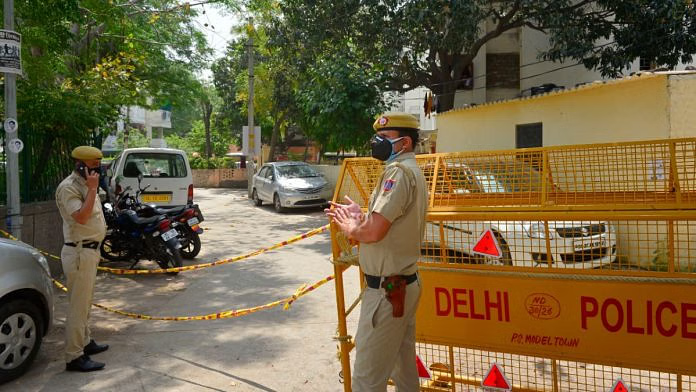Now Reading: Pity the Children: What Happens When Justice Meets Loopholes
-
01
Pity the Children: What Happens When Justice Meets Loopholes
Pity the Children: What Happens When Justice Meets Loopholes

A case in China has sparked international concern: a woman identified as Chen Hong managed to delay serving a five-year prison sentence for fraud by becoming pregnant—not once, but three times over four years. Under Chinese law, pregnant or nursing women may defer imprisonment and serve their sentence under community supervision. But when such legal provisions are misused, profound ethical and social questions arise.
The Legal Loop
Convicted in December 2020, Chen took advantage of a law intended to protect vulnerable women during pregnancy or early motherhood. While technically possible, her repeated pregnancies undercut the law’s purpose, effectively allowing her to stay out of prison by exploiting a well-meaning provision.
A Judicial Reckoning
Authorities noticed irregularities during a routine inspection. Chen’s children were not residing with her—in fact, one of them was registered under her sister-in-law’s name, further suggesting manipulation of the system. With less than a year remaining on her sentence, officials decided she must now complete her term in a detention centre.
Emotional Fallout
Public reaction was swift and pained. Online voices lamented the fate of the children born under such circumstances—“Pity the three children who were born only because their mother wanted to escape prison.” For many, the case lays bare how personal choices intersect with flawed systems, often at the cost of the most innocent.
Broader Implications
In smaller Indian towns—where legal awareness is limited—cases like this can be alarming reminders of how loopholes can be exploited. They highlight the need for laws that are resilient to abuse, especially in safeguarding children’s welfare, not inadvertently putting them at risk.
Conclusion
Chen’s story is not only about legal delay—it’s about ethics, systemic loopholes, and the vulnerable lives caught in between. Stronger safeguards are essential to ensure protective laws serve their purpose without being manipulated—and most importantly, that children are not collateral damage in the face of judicial loopholes.

























